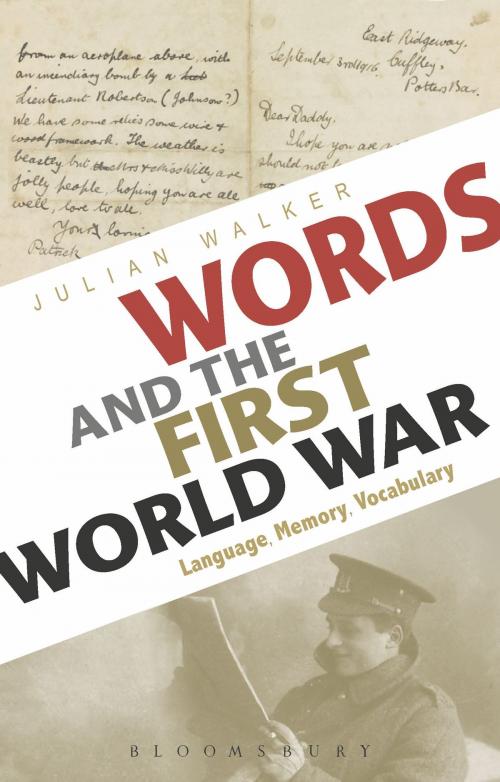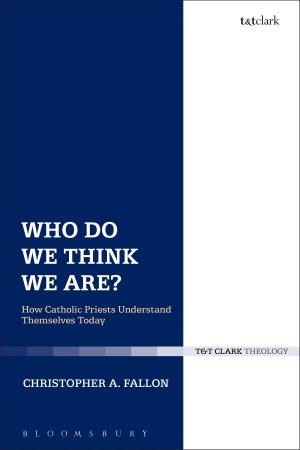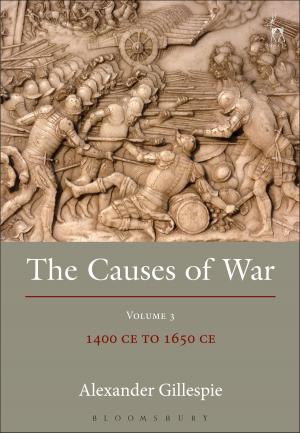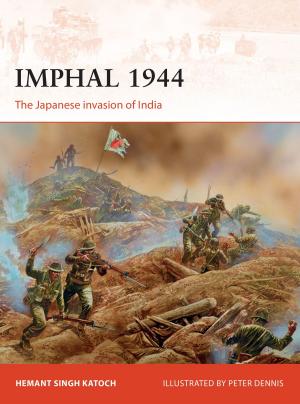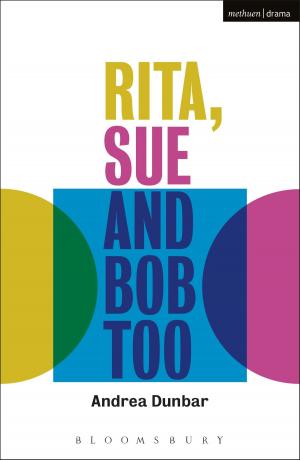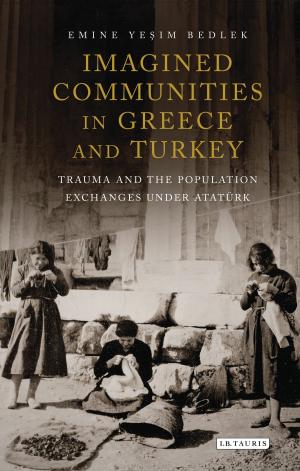Words and the First World War
Language, Memory, Vocabulary
Nonfiction, Reference & Language, Dictionaries, Language Arts, Linguistics| Author: | Julian Walker | ISBN: | 9781350012745 |
| Publisher: | Bloomsbury Publishing | Publication: | December 28, 2017 |
| Imprint: | Bloomsbury Academic | Language: | English |
| Author: | Julian Walker |
| ISBN: | 9781350012745 |
| Publisher: | Bloomsbury Publishing |
| Publication: | December 28, 2017 |
| Imprint: | Bloomsbury Academic |
| Language: | English |
"An illustrated analytical study, Words and the First World War considers the situation at home, at war, and under categories such as race, gender and class to give a many-sided picture of language used during the conflict." The Spectator
First World War expert Julian Walker looks at how the conflict shaped English and its relationship with other languages. He considers language in relation to mediation and authenticity, as well as the limitations and potential of different kinds of verbal communication. Walker also examines:
- How language changed, and why changed language was used in communications
- Language used at the Front and how the 'language of the war' was commercially exploited on the Home Front
- The relationship between language, soldiers and class
- The idea of the 'indescribability' of the war and the linguistic codes used to convey the experience
'Languages of the front' became linguistic souvenirs of the war, abandoned by soldiers but taken up by academics, memoir writers and commentators, leaving an indelible mark on the words we use even today.
"An illustrated analytical study, Words and the First World War considers the situation at home, at war, and under categories such as race, gender and class to give a many-sided picture of language used during the conflict." The Spectator
First World War expert Julian Walker looks at how the conflict shaped English and its relationship with other languages. He considers language in relation to mediation and authenticity, as well as the limitations and potential of different kinds of verbal communication. Walker also examines:
- How language changed, and why changed language was used in communications
- Language used at the Front and how the 'language of the war' was commercially exploited on the Home Front
- The relationship between language, soldiers and class
- The idea of the 'indescribability' of the war and the linguistic codes used to convey the experience
'Languages of the front' became linguistic souvenirs of the war, abandoned by soldiers but taken up by academics, memoir writers and commentators, leaving an indelible mark on the words we use even today.
